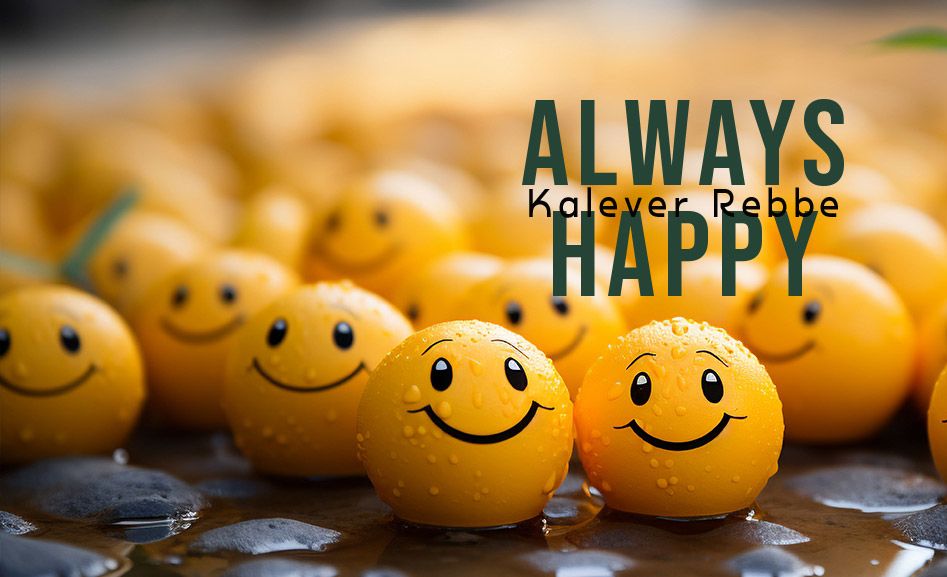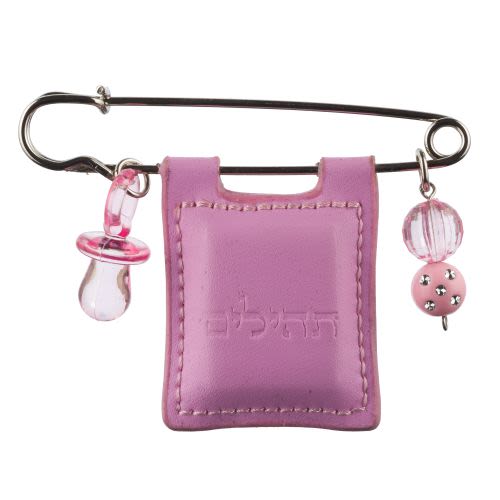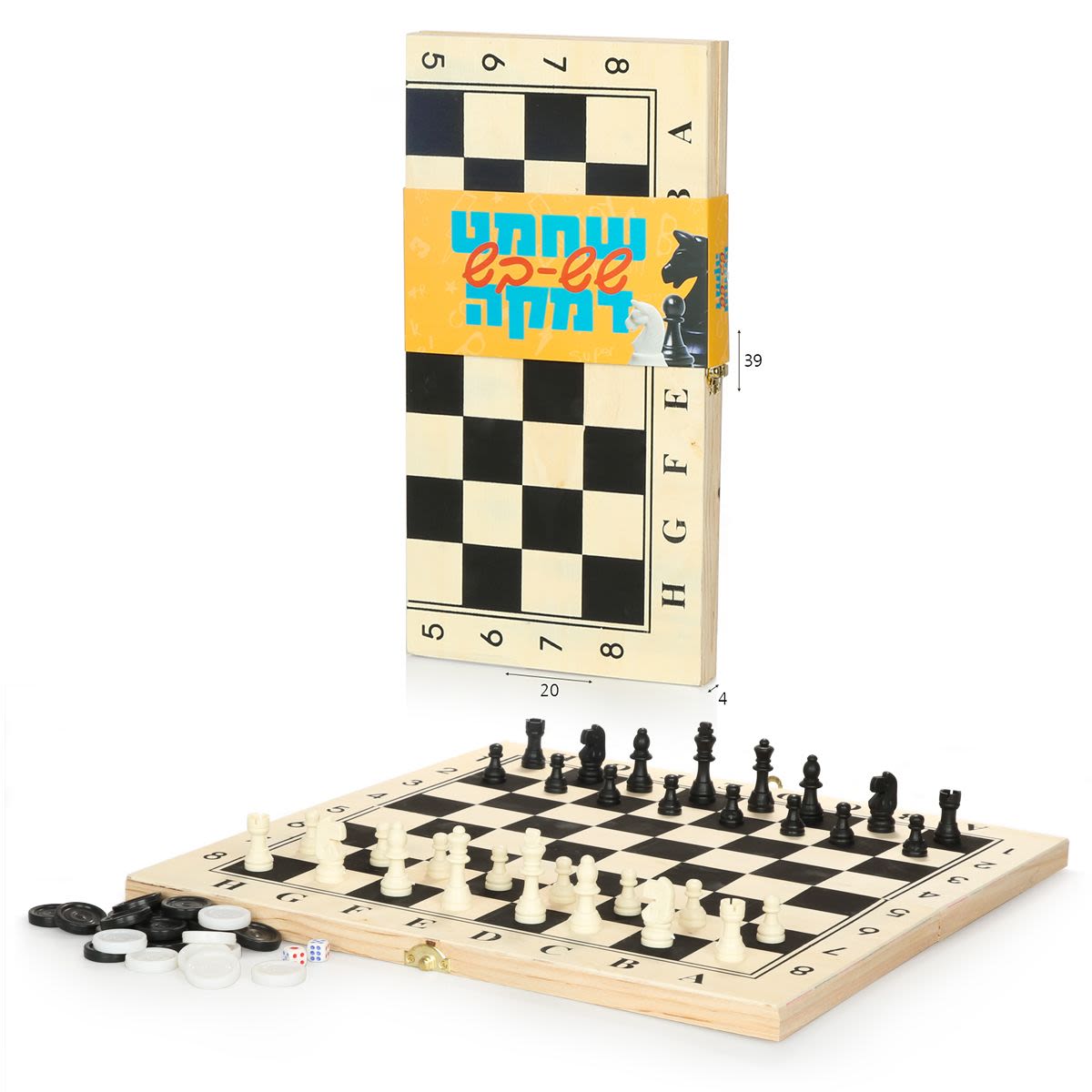
Fearless Frogs
We can learn much from Hanania, Mishael, and Azaria who preferred to be thrown in a fiery furnace rather than bow down to an idol. They learned from the frogs...

We can learn much from Hanania, Mishael, and Azaria who preferred to be thrown in a fiery furnace rather than bow down to an idol. They learned from the frogs…
The third chapter of the Book of Daniel is a highly inspiring story of supreme dedication. It goes like this:
King Nebuchadnezzar of ancient Babylon made a gigantic gold statue of himself, sixty cubits high and six cubits wide, which he erected in the valley of Dura, in the land of Babylon. He summoned his entire regime of officers, administrators, advisors and judges along with all the provincial governors, army and police to come see the unveiling of the statue. image which Nebuchadnezzar the king had put up. No one dared to ignore the king and everyone arrived. The king’s chief crier read a proclamation (Daniel 3: 4-6): “To all of you the order is given, O peoples, nations, and languages, that when the sound of the horn, pipe, harp, trigon, psaltery, bagpipe, and all sorts of instruments, comes to your ears, you are to go down on your faces in worship before the image of gold which Nebuchadnezzar the king has erected! And anyone not falling down and worshipping  will that same hour be put into a burning and flaming fire.”
will that same hour be put into a burning and flaming fire.”
So whenever the populace would hear the sound of the horn, pipe, harp, trigon, psaltery, and all other instruments, they’d bow down before Nebuchadnezzar’s golden image. At that time, several of Nebuchadnezzar’s evil advisors spoke badly of the Jews. “You, O King, have given an order that every individual, upon hearing the sound of the horn, pipe, harp, trigon, psaltery, bagpipe, and all sorts of instruments, is to bow down in worship before the image of gold; And anyone not falling down and worshipping is to be put into a burning and flaming fire. There are certain Jews whom you have put in charge of the business of the land of Babylon, Shadrach, Meshach, and Abed-nego; these men have not paid attention to you, O King: they are not servants of your gods or worshippers of the gold image which you have put up (ibid, 9-12).
Nebuchadnezzar became furious. He ordered that Shadrach, Meshach, and Abed-nego (the Babylonian names that the king gave to Hanania, Mishael and Azaria) be summoned immediately.
Nebuchadnezzar asked them, “Is it true, O Shadrach, Meshach, and Abed-nego, that you will not be servants of my god or give worship to the image of gold which I have erected? Now if you are ready, on hearing the sound of the horn, pipe, harp, trigon, psaltery, bagpipe, and all sorts of instruments, to go down on your faces in worship before the image which I have made, then fine; but if you will not give worship, then and there you will be put into a burning and flaming fire; and what god is there who will be able to save you from me (ibid 14-15)?
Shadrach, Meshach, and Abed-nego told the king that he was wasting his breath: “If our God, whose servants we are, is able to keep us safe from the burning and flaming fire, and from your hands, O King, He will keep us safe. But if not, be certain, O King, that we will not be the servants of your gods, or bow down to the image of gold which you have put up” (ibid, 17-18).
Nebuchadnezzar burned with fury at the three insolent Judean young men. He ordered his palace guards to prepare a fire seven times hotter than it was normally heated. And ordered his burliest soldiers to bind Shadrach, Meshach and Abed-nego with thick ropes and put them into the burning and flaming fire. While doing so, the soldiers themselves were burned to death, because the fire was so tremendously hot.
Within the fiery furnace, Shadrach, Meshach, and Abed-nego – still bound in ropes – stood unscathed.
King Nebuchadnezzar, seeing that the fire had no effect on the three G-d fearing Judeans, was awestruck. An advisor peaked into the furnace and exclaimed, “Look! I see four men loose, walking in the middle of the fire, and they are not damaged; and the form of the fourth is like a son of the gods” (ibid, 25). That was the archangel Gabriel whom Hashem sent to cool down the fire.
The king, standing at the entrance to the furnace, called out to Shadrach, Meshach, and Abed-nego: “You servants of the Most High God, come out and come here” (ibid, 26)
Shadrach, Meshach, and Abed-nego came out of the fire. The king, his dignitaries, guards, and all his servants saw how the fire had no power over the three Jews. Not even a hair on their heads was singed, nor were their clothes tainted in any way, nor did they smell of fire in the slightest.
On that day, Hashem’s name was sanctified on a magnificent scale, for Nebuchadnezzar proclaimed, “Praise be the G-d of Shadrach, Meshach, and Abed-nego, who has sent His angel and kept His servants safe who had faith in him, and who put the king’s word on one side and gave up their bodies to the fire, so that they might not be servants or worshipers of any other god but their G-d” (ibid, 28).
Nebuchadnezzar then ordered that anyone who says anything evil against the G-d of Shadrach, Meshach, and Abed-nego will be put to death, for “there is no other god who can give salvation such as this” (ibid, 29). Shadrach, Meshach, and Abed-nego earned even greater authority in the land of Babylon.
* * *
True, Shadrach, Meshach, and Abed-nego were great tzaddikim. But they were human too, with fears and emotions. Where did they get the power and the bravery to allow themselves to be thrown into a furnace that could melt steel?
The Gemara in Tractate Pesachim answers the above question (see page 53b): They figured that if the frogs in Egypt, who are not commanded to die while sanctifying Hashem’s, jumped into Pharaoh’s ovens and the ovens of all of Egypt during the second of the ten plagues, then they sure can.
Let’s stop and think, for the above Gemara is really deep. Nothing scares a frog more than fire. Yet, to do Hashem’s will, the frogs overcame their biggest fear and natural instinct.
Sure, it’s not always easy to fulfill the Torah’s commandments. Some people just love cheeseburgers. Others thrive on pornography. A woman’s natural instinct is to dress flashy and impress others. A surfer’s biggest sacrifice in life might be giving up his Saturday afternoon surfing. But the more we overcome our natural instincts, the greater we sanctify Hashem’s Name.
“So what,” you ask?
Hashem doesn’t owe anybody anything. When you overcame your nature for His sake, He overcomes nature for your sake. That means you’ll see big miracles. Not even a fiery furnace will damage a hair on your head.
Who doesn’t need miracles nowadays?










Tell us what you think!
Thank you for your comment!
It will be published after approval by the Editor.